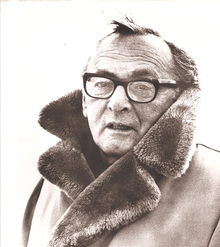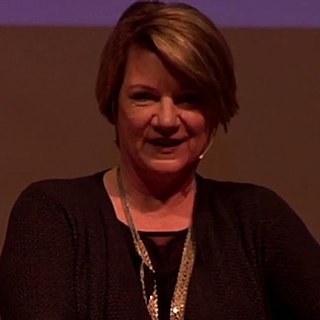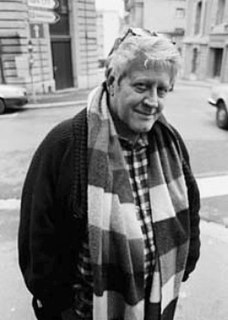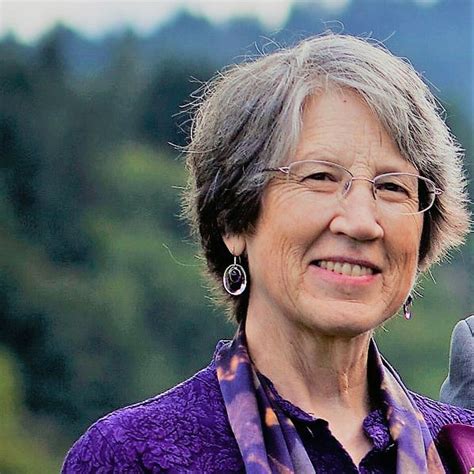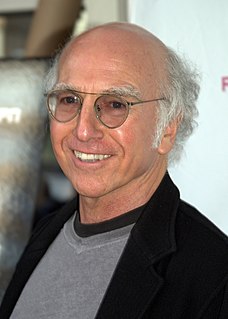A Quote by Sanford Meisner
With a developed imagination there's no place you can't go.
Quote Topics
Related Quotes
Musing takes place in a kind of meadowlands of the imagination, a part of the imagination that has not yet been plowed, developed, or put to any immediately practical use…time spent there is not work time, yet without that time the mind becomes sterile, dull, domesticated. The fight for free space — for wilderness and public space — must be accompanied by a fight for free time to spend wandering in that space.
And what is the great thing that the stage does? It cultivates the imagination. And . . . the imagination constitutes the great difference between human beings. . . . The imagination is the mother of pity, the mother of generosity, the mother of every possible virtue. It is by the imagination that you are enabled to put yourself in the place of another.
Memory and the imagination are almost identical. It's the same place in the brain and the same thing is happening. When you think about your own life, there are no memories without place. You are always situated somewhere. I think the imagination - the narrative imagination at least - situates you in a specific space when you start to think of a story. I often use places I know. I put my characters inside rooms and houses that I'm familiar with - sometimes the houses of my parents or grandparents or previous apartments I've lived in.
It's the pool where we all go down to drink, to swim, to catch a little fish from the edge of the shore; it's also the pool where some hardy souls go out in their flimsy wooden boats after the big ones. It is the pool of life, the cup of imagination, and she has an idea that different people see different versions of it, but with two things ever in common: it's always about a mile deep in the Fairy Forest, and it's always sad. Because imagination isn't the only thing this place is about.
I found that quiet place in my home that is my place of refuge. I don't care if you got kids or if you are married. You got to find that one place that is your everybody-off-limit place: unless this place is on fire, or you need to go to the emergency room, don't disturb me. You can go to this place and cleanse, meditate, let God speak to you.
